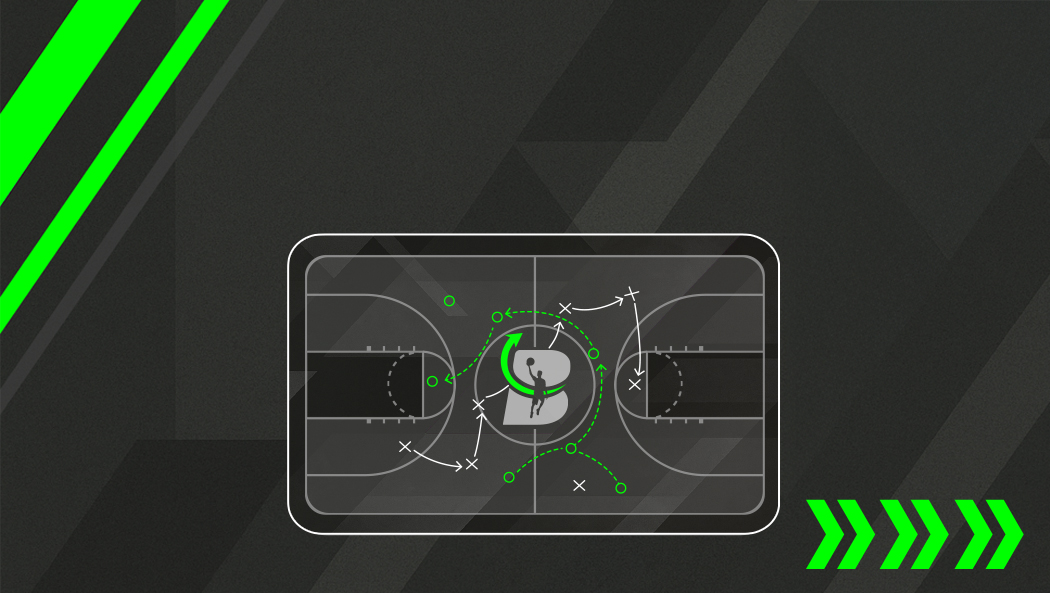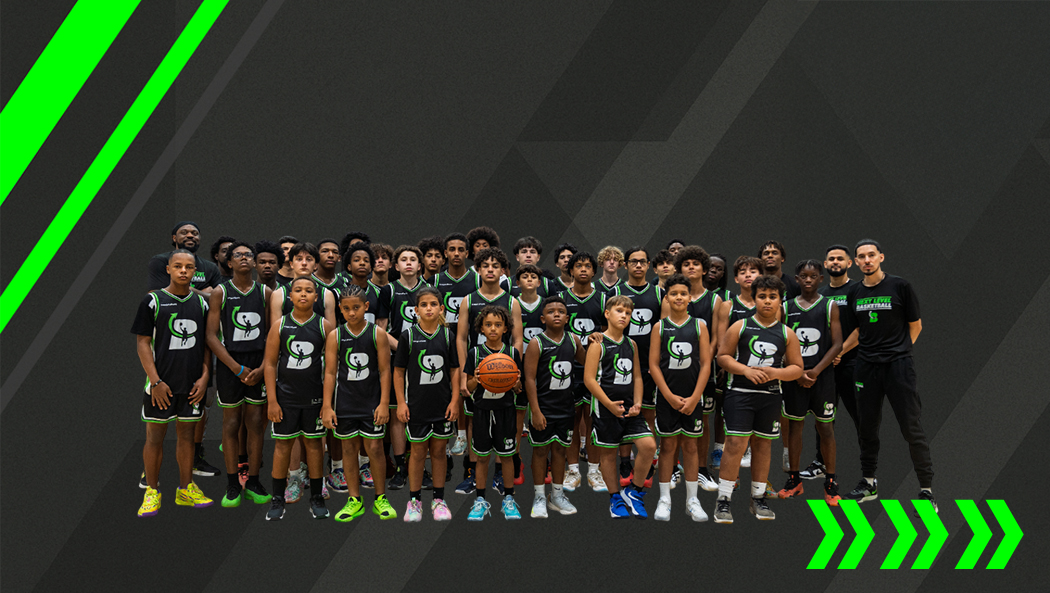Understanding The Needs And Goals Of Young Athletes
Supporting and encouraging young basketball athletes begins with a deep understanding of their unique needs and goals. Young athletes are often driven by a passion for the game and a desire to improve their skills, but they also face various challenges such as balancing academics, managing physical health, and navigating social relationships. It’s crucial to acknowledge these dynamics as they can significantly influence an athlete’s motivation and performance on the court.
Young athletes often aspire to improve personally and contribute to their team’s success. Their goals might range from mastering specific skills, like shooting or defense, to aspiring to play at higher levels, such as college or professional leagues. Recognizing these personal and collective aspirations helps in tailoring support strategies that align with both individual and team developments.
Additionally, emotional and psychological support is vital. Young athletes need an environment that fosters confidence and resilience. They benefit from constructive feedback that highlights their strengths while providing actionable steps to address areas of improvement. Encouragement plays a key role in helping them overcome setbacks and develop a growth mindset.
It’s also important for parents, coaches, and mentors to communicate effectively, listening to what the athletes express about their ambitions and concerns. Providing a supportive environment that values their input and encourages perseverance ultimately helps young athletes thrive both on and off the court.
Creating A Positive And Supportive Environment
Creating a positive and supportive environment for young basketball athletes is crucial in nurturing their growth, both as players and individuals. A key element in achieving this is fostering an atmosphere where young athletes feel valued and motivated. Encouragement should be consistent, focusing on effort and improvement rather than just outcomes. Highlighting personal bests and individual progress helps instill confidence and reinforces a healthy, growth-oriented mindset.
Coaches and parents should cultivate open communication, actively listening to the athletes’ thoughts and concerns. This establishes trust and shows genuine interest in their development. It’s equally important to create a team culture that emphasizes mutual respect, collaboration, and sportsmanship. Encouraging young basketball athletes to support and motivate each other can greatly enhance their collective experience and interpersonal skills.
Setting realistic goals tailored to the athlete’s abilities fosters an environment where they feel challenged but not overwhelmed. Regular feedback, free from harsh criticism, allows athletes to understand their strengths and areas for improvement. Recognizing the balance between academics, sports, and personal life is also vital in maintaining a stress-free environment. Providing opportunities for leadership on and off the court nurtures responsibility and initiative.
By creating a supportive environment, young basketball athletes are more likely to thrive, enjoying the sport while developing valuable life skills.
Encouraging Skill Development And Training
Supporting and encouraging young basketball athletes in their skill development and training is crucial for their growth and confidence on the court. Firstly, creating an environment where learning and improvement are prioritized over sheer competition is important. Coaches and mentors should emphasize the value of practice and progress, praising effort rather than just outcomes. This approach helps young athletes understand that mastering skills is a journey and that setbacks are merely learning opportunities.
Providing access to quality coaching and resources can significantly enhance the training experience for young basketball athletes. Access to knowledgeable coaches who can teach fundamental techniques and strategies is essential. Encouraging athletes to engage in various drills that improve their dribbling, shooting, passing, and defensive skills is vital. Young athletes can become versatile players by focusing on a well-rounded skill set.
Moreover, incorporating fun elements into training sessions helps maintain enthusiasm and motivation. Challenges and games can make practice enjoyable, fostering a love for the sport. Encouraging peer interactions and teamwork also play a crucial role in skill development. Young athletes can learn a lot from each other, and promoting a supportive team environment amplifies skill acquisition. Ultimately, the goal is to instill a lifelong passion for basketball by ensuring that the path of skill development is both fulfilling and enjoyable.
Promoting Teamwork And Sportsmanship
Promoting teamwork and sportsmanship among young basketball athletes is essential for their development both on and off the court. Basketball is inherently a team sport that requires individuals to collaborate effectively, relying on each other’s skills and strengths to achieve a common goal. Encouraging a sense of unity and collective effort can start with teaching athletes to appreciate each team member’s contributions, whether their role is scoring, defending, or supporting from the sidelines.
Coaches can emphasize the importance of communication, helping basketball athletes understand how to articulate their thoughts and listen to teammates, and fostering an environment where everyone feels heard and valued.
Through practice, young athletes can be shown the significance of passing, positioning, and strategic play, highlighting the idea that the team’s success outweighs individual accolades. Sportsmanship is equally vital, as it teaches respect for opponents, coaches, and the rules of the game. Young players can learn the importance of graciously accepting victories and defeats, and understanding that every game is an opportunity for growth and learning.
Coaches and parents should model and reinforce positive behavior in both competitive and non-competitive settings. By cultivating an atmosphere that values respect, empathy, and teamwork, young athletes can develop into not only better basketball athletes but also more well-rounded individuals capable of thriving in diverse group dynamics.
Balancing Academics And Athletics
Balancing academics and athletics is a crucial aspect of supporting and encouraging young basketball athletes. As they pursue their passion for the sport, it is important to emphasize the significance of maintaining a strong academic foundation. Encouraging a healthy balance between these two commitments can help young athletes develop time management skills that are beneficial for their future endeavors. This involves fostering an environment where education and sports are seen as mutually beneficial rather than competing priorities.
Coaches and parents can play a vital role in this by setting realistic expectations and providing guidance on managing time effectively. Encouraging athletes to create a structured schedule that allocates appropriate time for both school assignments and practice sessions helps in reducing stress and ensuring that neither academics nor athletics are compromised. It’s important to recognize academic achievements alongside athletic ones, celebrating successes in the classroom as enthusiastically as those on the court.
Schools and sports programs can also offer resources such as tutoring or study groups tailored for athletes, facilitating an easier balancing act. Educators’ understanding and flexibility can further aid in accommodating the demands of a busy schedule. Ultimately, a supportive network that values both education and athletics fosters well-rounded individuals who can thrive in both areas, setting a strong foundation for their future success.
Celebrating Achievements And Learning From Setbacks
Celebrating achievements and learning from setbacks are integral aspects of supporting and encouraging young basketball athletes. Recognizing their accomplishments, whether they’re big or small, boosts their confidence and validates their hard work. Acknowledgment from coaches, parents, and peers fuels their passion and commitment, reinforcing the notion that their efforts lead to tangible results. Celebrating can take many forms, from verbal praise and awards to team gatherings that foster camaraderie.
These moments of recognition can inspire athletes to set higher goals and strive for continuous improvement, knowing their achievements are valued.
At the same time, learning from setbacks is equally crucial. Basketball, like any sport, involves challenges and occasional failures. These experiences should be framed as valuable learning opportunities. Helping young athletes understand that setbacks are part of their growth journey encourages resilience. Coaches and mentors should guide them in analyzing what went wrong and identifying areas for improvement without dwelling on mistakes.
Constructive feedback helps them develop problem-solving skills and a growth mindset, enabling them to approach challenges with determination and optimism. By balancing celebration with constructive learning, young athletes build a robust mental framework that prepares them to navigate both triumphs and trials, fostering a lifelong appreciation for growth in every aspect of the sport.
Support your young basketball athletes by enrolling them in an effective and fun basketball program. Get in touch with Next Level Basketball. Call 954-621-8470 for their first youth basketball development session.



